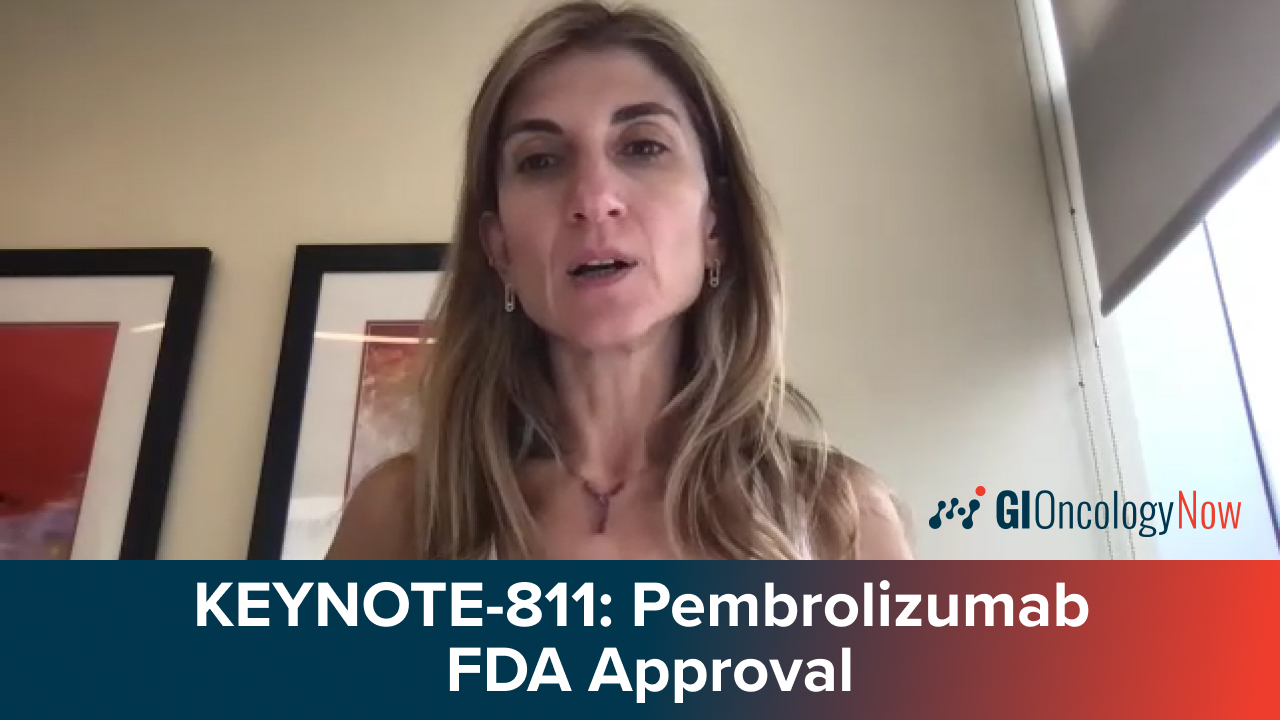
A recent study examined the impact of hepatitis B virus (HBV) infection on hepatocellular carcinoma (HCC) and showed evidence that HBV infection facilitates drug resistance in cancer treatment medications, such as sorafenib and regorafenib. Currently, HBV infection is a “major pathogenic factor” of HCC and accounts for 50% to 80% of HCC cases.
Conducted by a team of researchers from China, the study evaluated the efficacy of recent research that suggests that HBV infection is also associated with liver cancer stem cells (LCSCs). Furthermore, the researchers analyzed the stemness of HCC and the role of HBV infection in regulating stemness of the disease, as it is also linked to HCC.
According to the study methodology, the researchers used the Cell Counting Kit-8 assay to calculate and compare the inhibitory concentration values of sorafenib and regorafenib. The effect of HBV replication on LCSCs was analyzed by HBV infection.
The study findings illustrated that LCSCs originating from HCC have reduced sensitivity to sorafenib and regorafenib, as well as “high expression of stem cell markers.” Furthermore, resistance to these medications and the stemness of hepatoma cells were exacerbated by HBV replication.
In addition, increased drug resistance was due to the upregulation of CD133, EpCAM, and CD24 expression, which was caused by HBx protein overexpression. To inhibit drug resistance, the researchers used the CRISPR-Cas9 system to eliminate expression of CD133. The researchers also found that CD133 expression was promoted by HBV replication.
In conclusion, the investigators stated that “our data suggest that HBV replication enhances the stemness and drug resistance of HCC, providing a strong theoretical foundation for the development of targeted and efficient treatments for HBV-infected HCCs.”







 © 2025 Mashup Media, LLC, a Formedics Property. All Rights Reserved.
© 2025 Mashup Media, LLC, a Formedics Property. All Rights Reserved.